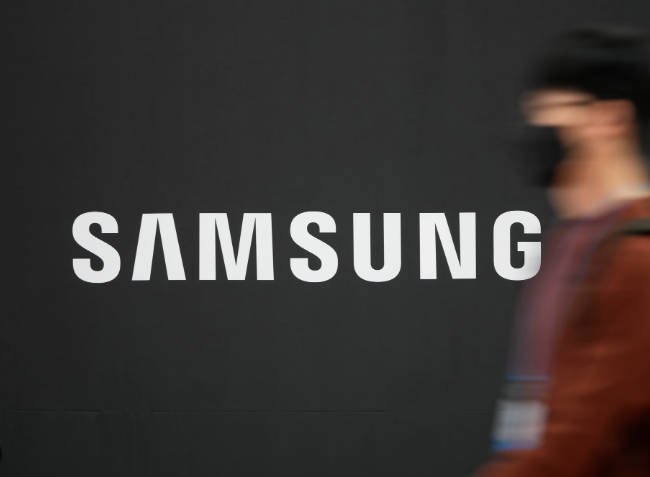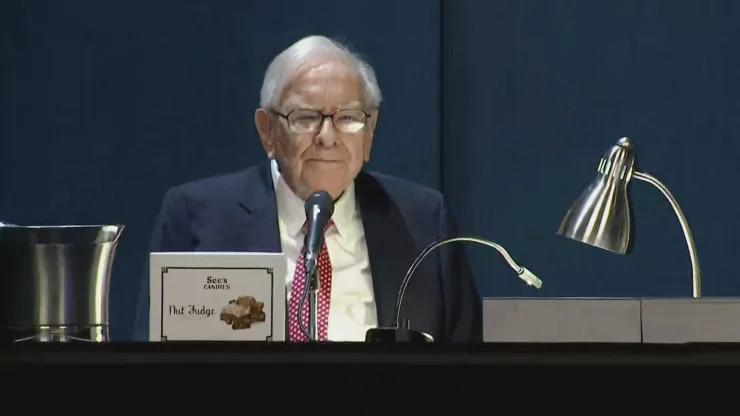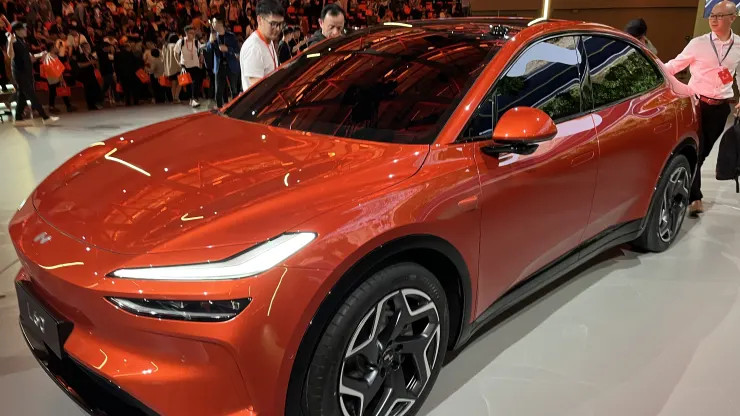Amid the recent AI boom, there have been many winners. Nvidia, as if it weren’t clear from the first story, has been the most obvious benefactor, but many other companies in the AI supply chain have benefited too. One example, among many, has been South Korean SK Hynix, which produces high-bandwidth memory(HBM) chips used in AI. In fact, SK Hynix is the exclusive provider of these HBM chips for Nvidia.
However, at the same time, there have been companies that have failed to capitalize on the AI boom, such as Samsung. Although Samsung is the largest memory chip manufacturer by revenue, it has failed to develop HBM chips sufficient for AI, leaving Samsung isolated from a rapidly growing market.
At the same time, Samsung has also lost ground in semiconductor production. Between 2019 and 2023, its market share fell from 18% to 12% while its rival and largest player in the industry TSMC grew from 50% to 59%.
These failures have led Samsung to abruptly change leadership recently. While Samsung usually only announces major leadership changes at the end of the year, Samsung replaced its semiconductor chief Kyung Kye-hyun with Jun Young-hyun, placing Jun Young-hyun in charge of the division managing the semiconductor and memory chip parts of Samsung. Jun Young-hyun had previously led the memory chip division and was the CEO of Samsung’s battery unit.
There are some reasons for optimism besides this new leadership. Samsung has recently begun mass production of HBM chips, planning to triple its HBM production this year and capitalize on AI demand.



